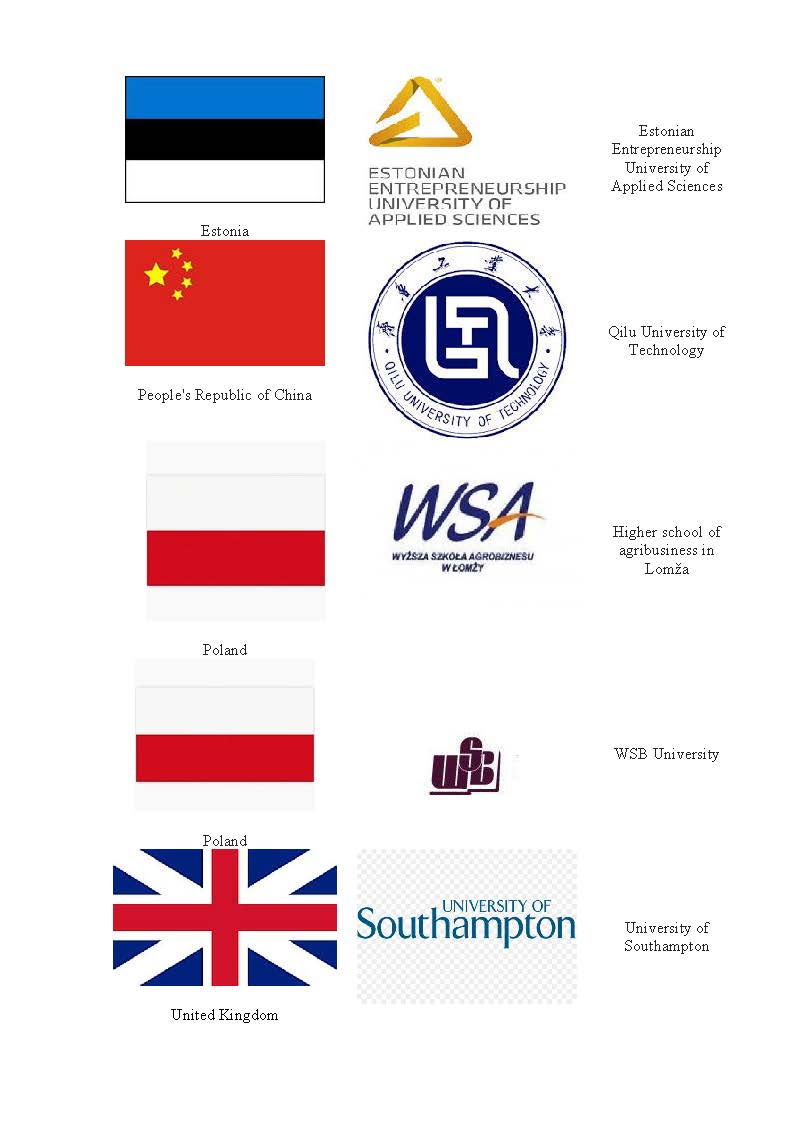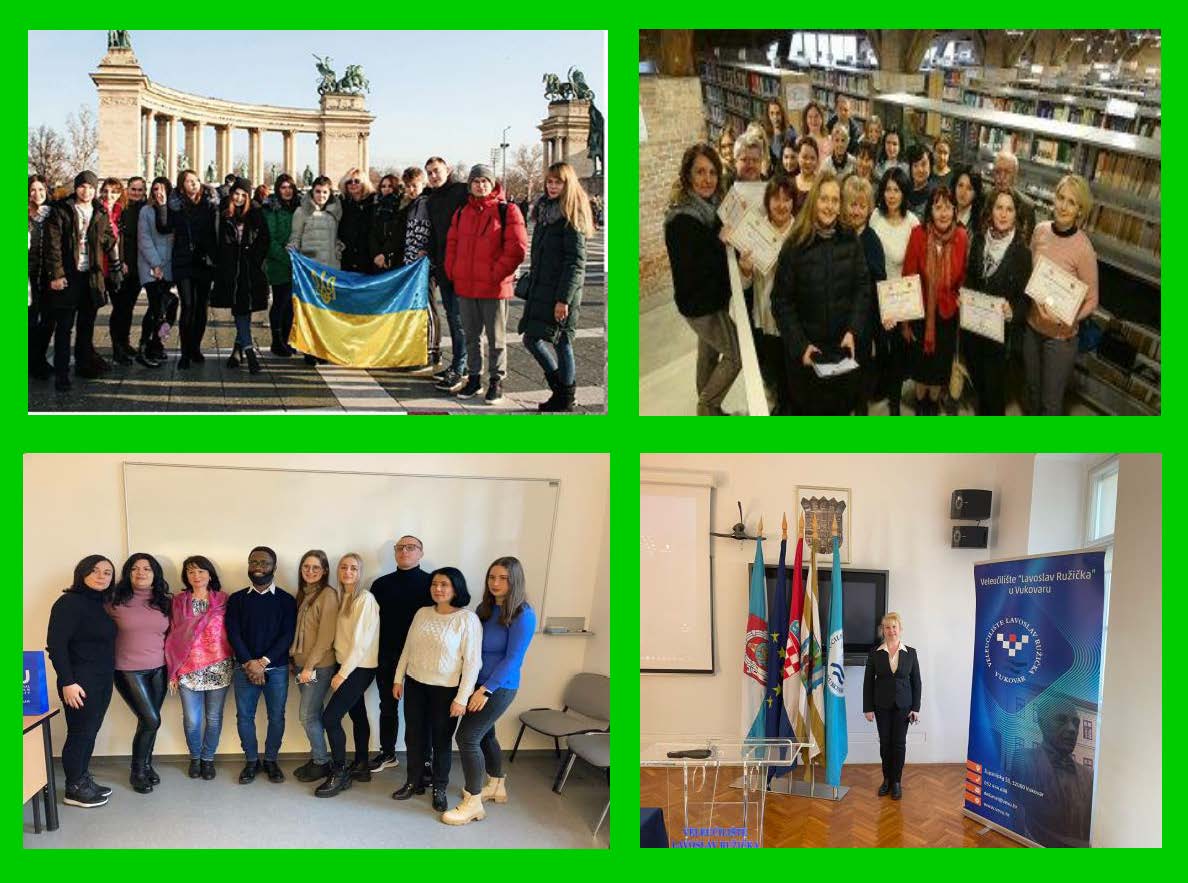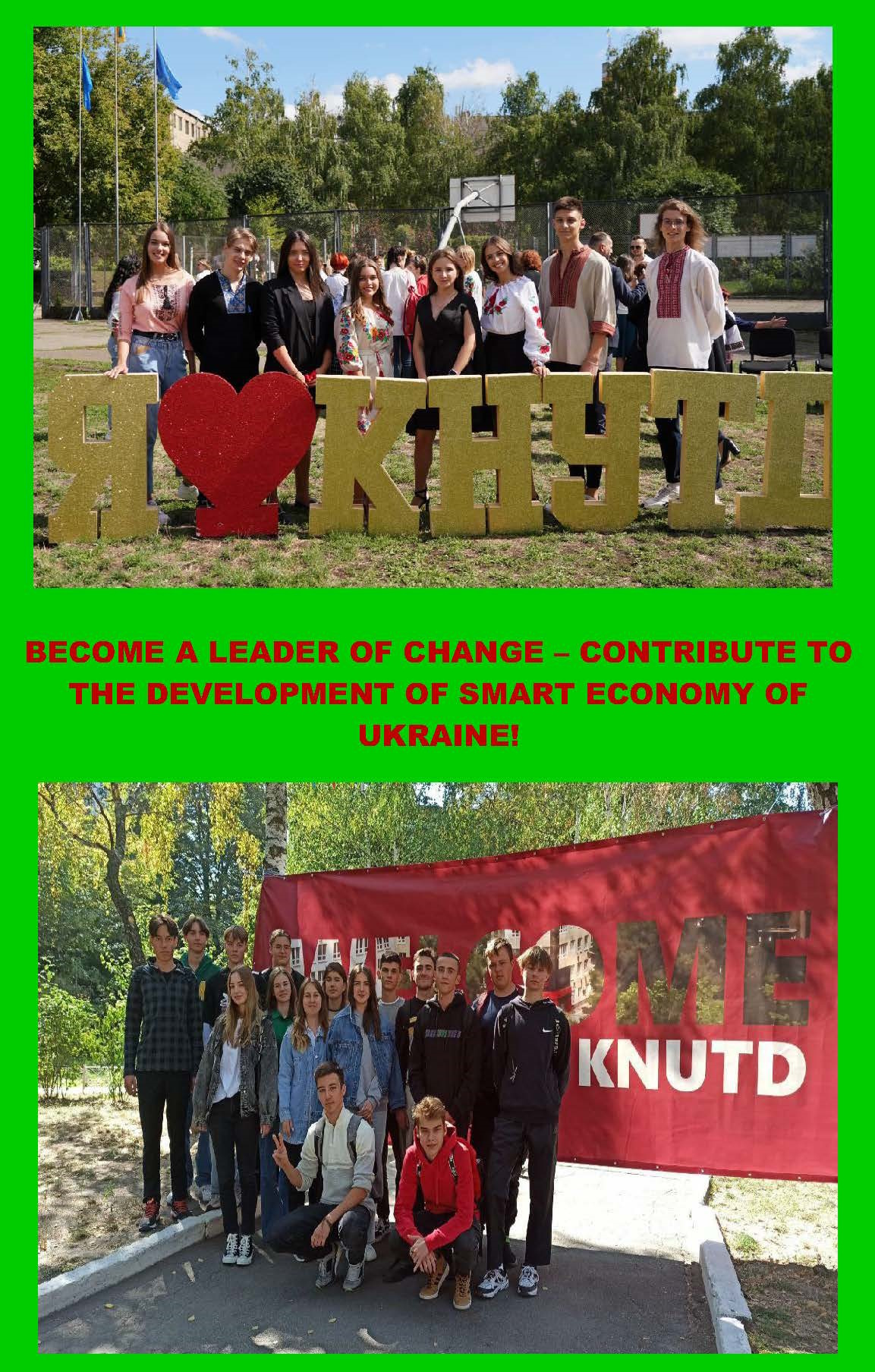Address:
Mala Shyianovska (Nemyrovycha-Danchenka) Street, 2
Kyiv 01011
Ukraine
Department Offices: 4-1009; 4-1010
Telephone: +38044-256-21-56, +38 067 598-55-73
e-mail:
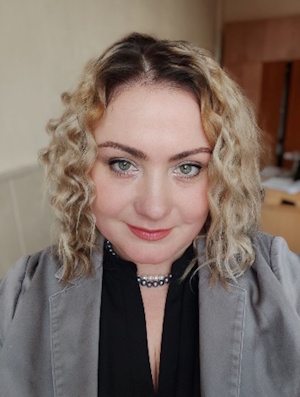
Address:
Mala Shyianovska (Nemyrovycha-Danchenka) Street, 2
Kyiv 01011
Ukraine
Department Offices: 4-1009; 4-1010
Telephone: +38044-256-21-56, +38 067 598-55-73
e-mail:
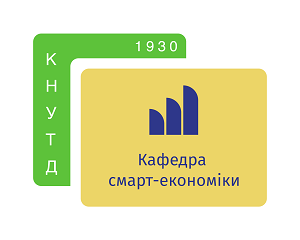
The mission of the Department of Smart Economics is to train innovative, creative, and competitive specialists who are able in the digitalization and intellectualization of public processes to make smart, informed decisions that will ensure the efficiency of state, business, corporations, enterprises, and organizations in various sectors of the economy levels.
The aim of the department of smart economics is teaching at a high scientific-theoretical and methodical level academic disciplines in specialties 051 "Economics" and 281 "Public management and administration" carrying out scientific, educational, innovative, educational, methodical, organizational work for the purpose of provision of quality educational services that meet the standards of higher education.; provision of high-quality higher education and the formation of a harmoniously developed personality.
Deepening cooperation with seekers for higher education, the Faculty strives to provide:
The Department of Smart Economics is a degree-granting department and provides training in the specialtyies:
051 “Economics” (degrees of higher education – “Bachelor”, “Master”, “Doctor of Philosophy”).
281 "Public management and administration" (level of higher education - "Bachelor").
The competitive advantage of master’s and bachelor’s educational programs of the Department of Smart Economics is their practical orientation and flexibility according to changes in the economic environment, requirements of stakeholders, and the conjuncture of the world market of educational services; high-quality training of skilled professionals with special knowledge and practical competencies for work in various sectors of the economy and state, regional and local government bodies,can react quickly to changes in the global economic environment.
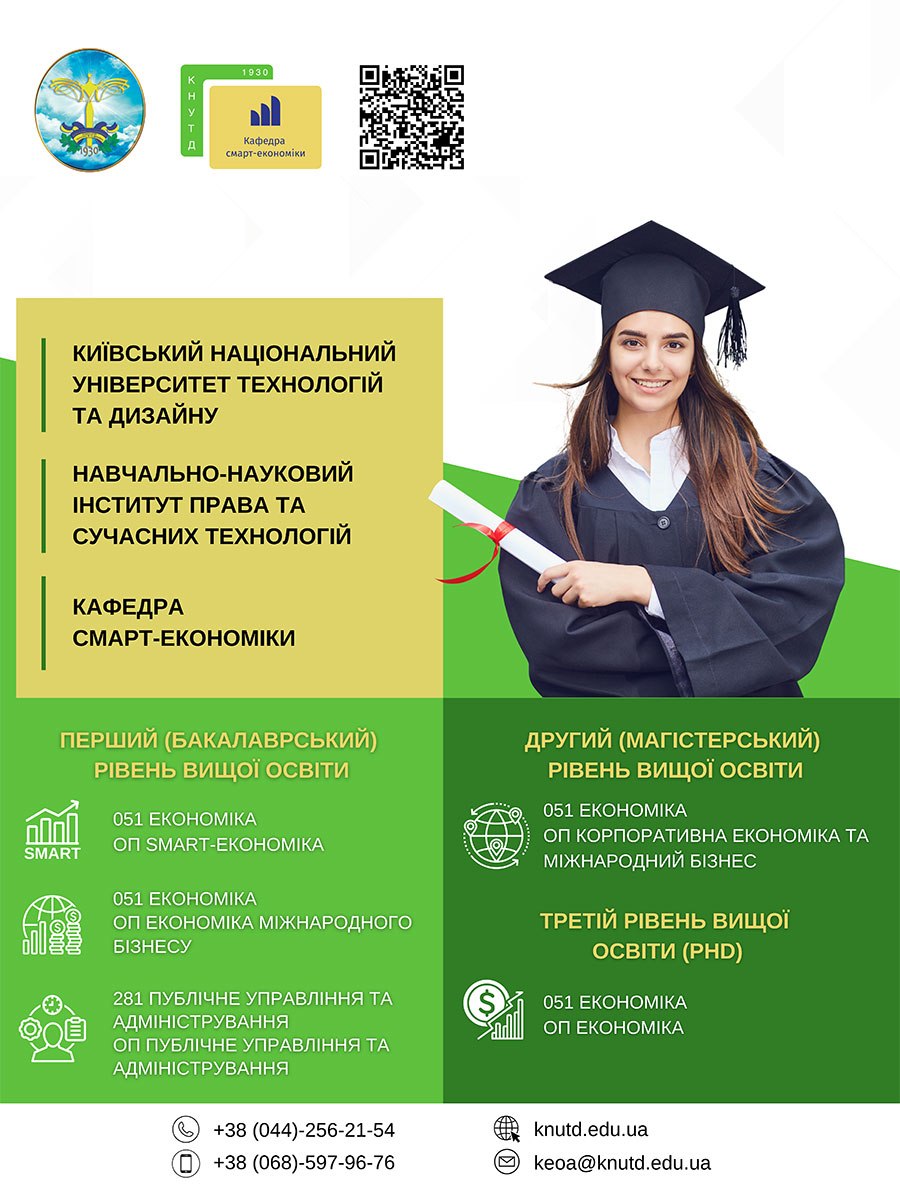
1. SPECIALTY 051 ECONOMICS, DEGREE OF HIGHER EDUCATION “BACHELOR”

The purpose of bachelor training in the specialty “Economics” is to provide economic education in the field of social and behavioral sciences with broad access to employment and further education. Formation and development of general and professional competencies in the field of economics involves different opportunities.
Forms of training: full-time, part-time, distance.
Course length: 3 years 10 months – full-time, correspondence, and distance education.
1.1. Educational program “Smart-economics” is an expert in the field of economics; this profession takes the 9th place in the world ranking TOP 100 Best Business Jobs.
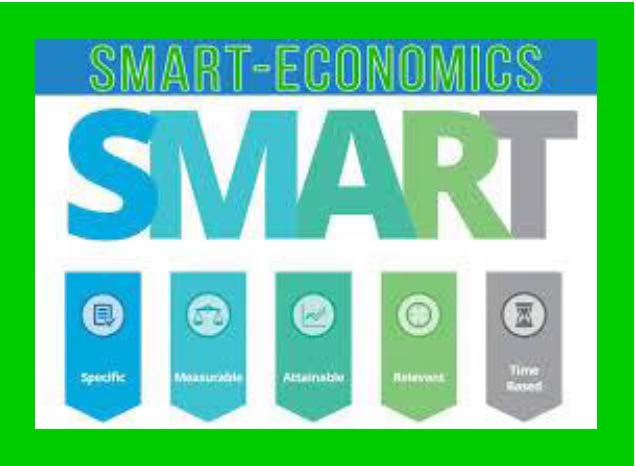
Courses taught:
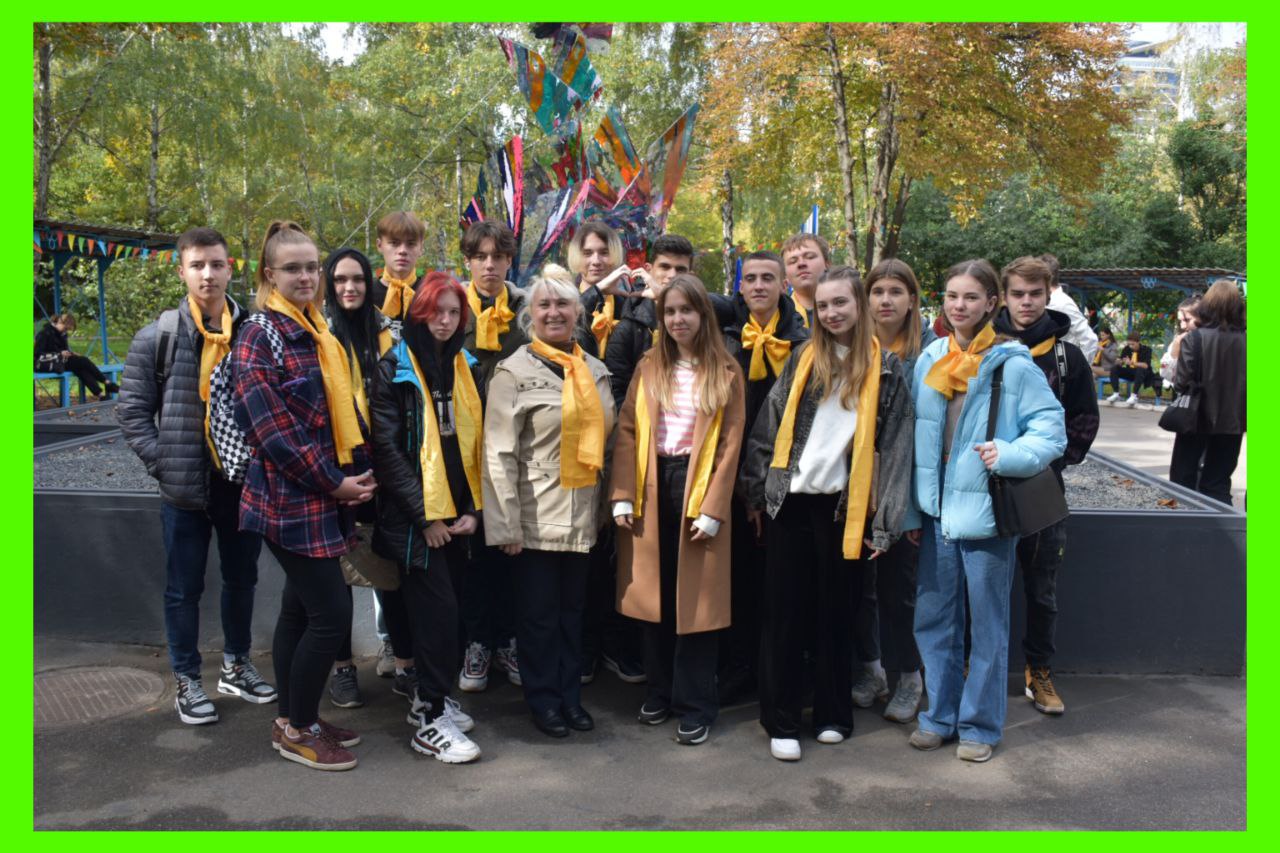
Applicants of higher education at the bachelor's level
Suitability for employment. Bachelor of Economics can hold the following positions: chief economist; economist; economist in contract and claims work; logistics economist; planning economist; labor economist; sales economist; pricing economist; economist of the computer (information and computing) center; economist-demographer; economist-statistician; economist-statistics (applied statistics); office worker (production planning); office worker (cost calculation); director (manager) of a small industrial enterprise (firm); head of the planning and economic department; analysts on financial and economic security; assistant economist-statistician.; brand manager; PR manager; time manager; customer service manager; community manager; waste management manager; image consultant; innovation manager; internal sales representative; e-commerce specialist; financial manager (manager); economist in marketing and advertising, and other new professions.
1.2. Educational program “Economics of international business”

Courses taught:
Suitability for employment.
The graduate is suitable for employment at enterprises, organizations, and institutions of any organizational and legal form (industrial and service enterprises, enterprises with foreign investments) in leadership positions at various levels of government bodies, international companies, representative offices of international organizations at the posts of: manager of crowdfunding and crowdfunding platforms; moderator; tutor; organizer of project training; coordinator of online educational platforms; startup mentor; gamemaster; game teacher; manager of international projects and other new professions.
2. SPECIALTIES 051 ECONOMICS, DEGREE OF HIGHER EDUCATION “MASTER”
2.1. Educational Program “Corporate Economics and International Business”

The purpose of the educational program is training of highly qualified professionals in corporate economics and international business who possess modern economic thinking, theoretical knowledge and applied skills aimed at developing the potential of participants in the educational process, their creative abilities, and an active social position in the environment of an entrepreneurial university.
The main goals of training under the program are the formation of general and special competences in the organization of activities of corporate structures and the effective functioning of international business through permanent interaction with employers and other stakeholders, as well as the development of professional and social adaptability to transformation in the conditions of modern challenges of sustainable development.
Forms of training: full-time, part-time, distance.
Course length: 1 year 4 months – full-time, part-time, and distance education.
Courses taught:
Suitability for employment. The graduate is suitable for employment at enterprises, organizations and institutions of any organizational legal form and sphere of economic activity, can hold primary positions in state authorities at various levels of management, international companies, representative offices of international organizations. The graduate is able to hold the following positions: head of the planning and economic department, chief economist, economist, international trade economist, economist-statistician, sales economist, pricing economist, accounting economist and analysis of economic activity, planning economist, financial work economist , economist for contractual and claims works, economist for material and technical support, expert on foreign economic issues, consultant on foreign economic issues, consultant on economic issues, economic advisor.
3. SPECIALTY 051 ECONOMICS, LEVEL OF HIGHER EDUCATION “DOCTOR OF PHILOSOPHY”
3.1. Educational program “Economics”

The purpose of the educational-scientific program “Economics” for the degree of higher education “Doctor of Philosophy” is to train highly qualified PhDs, integrated into the world scientific and educational space, those who possess general and professional competencies sufficient to produce new ideas, solve complex research problems, do project activities, mastering the methodology of scientific and pedagogical activities, scientifically provide consulting in the field of economics.
Focus of the program. The educational-scientific program has scientific, theoretical, research, and applied orientation; it is formed as an optimal combination of academic and professional requirements. The emphasis is placed on the formation and development of general and professional competencies in economics.
Features (uniqueness) of the program. The educational and scientific program is based on innovative project results and modern scientific research in the field of economics, considering its specifics. The program provides a combination of theoretical knowledge and practical (including pedagogical) training. The training is carried out in an active research environment, involves the preparation and conduct of interactive, open lectures, seminars, and round tables with the invitation of well-known experts and practitioners in economics and related fields, participation in business training, use of case methods and modern educational information and communication technologies with the direct participation of applicants for the third educational and scientific level (Doctor of Philosophy). Applicants can do thorough, interdisciplinary research of the economic aspects of their operation, as well as within the internationally recognized scientific school “Development of theoretical and applied foundations of higher education economics, training for business management”.
Suitability for employment. The graduate can hold the following positions: administrative – dean, head of the department, head of research departments, scientific secretary; scientific – junior researcher; researcher, senior researcher; scientific and pedagogical – professor, associate professor, teacher of higher education institution, assistant, teacher of vocational school; management – head of the training department, manager.
Forms of study: full-time, part-time, evening.
Course length: 4 years – full-time, part-time and evening.
Courses taught:
More than 40 graduate students have obtained the third (educational and scientific) level of higher education, the degree of Doctor of Philosophy at the Department of Smart Economics.
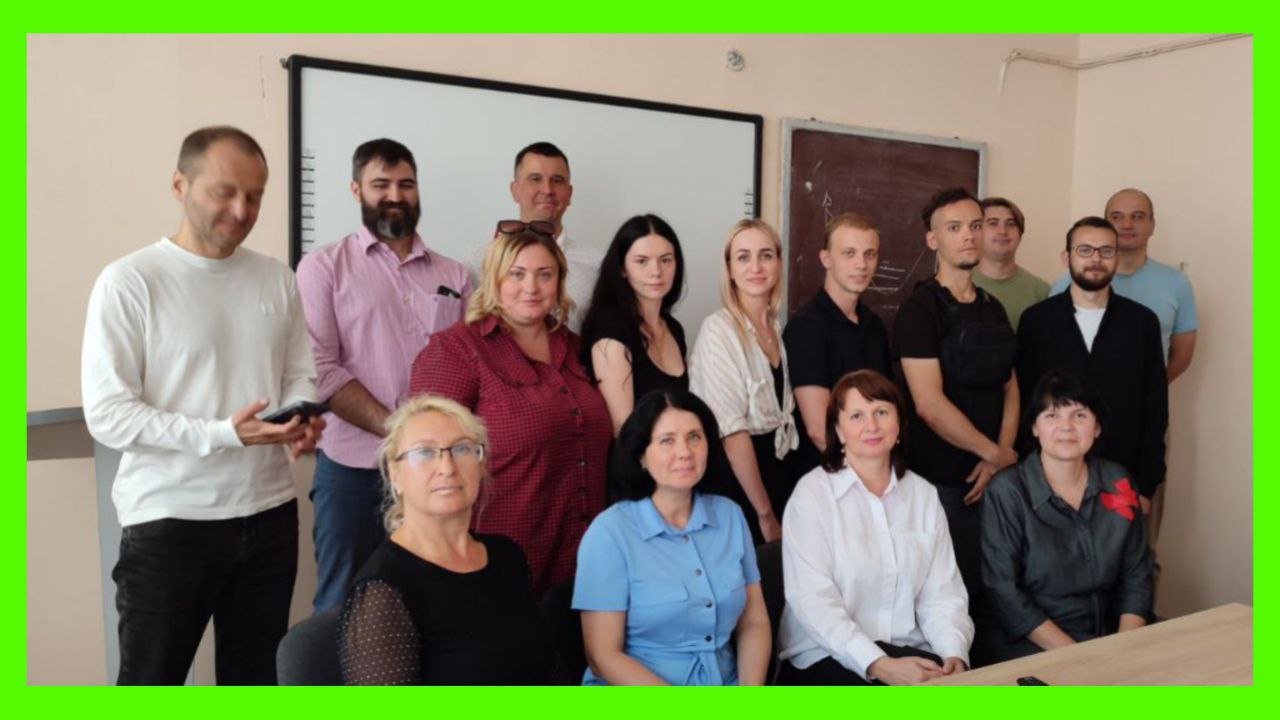
4. SPECIALTY 281 "PUBLIC MANAGEMENT AND ADMINISTRATION", DEGREE OF HIGHER EDUCATION "BACHELOR"
Educational program "Public management and administration"

The purpose of training bachelors in the specialty 281 "Public management and administration" is to provide modern knowledge and the formation of basic and professional competencies in the field of public management and administration, sufficient to perform functions related to the effective solution of complex specialized tasks and practical management problems in state and regional authorities , local self-government, as well as the provision of administrative services on the basis of openness, transparency, accountability and taking into account the trends of the development of society.
Employment prospects. A bachelor in public management and administration can hold administrative and management positions in state authorities, non-governmental/public organizations, as well as in private companies; in the civil service in central and local executive bodies, local self-government bodies, as well as in accordance with the classifier of professions in public authorities, business structures and the public sector in the positions of advisers, consultants of the secretariats of local councils, specialists of the executive bodies of local councils, rural and settlement councils and communities, including a public relations specialist, personnel inspector, administrative assistant, state social inspector, administrative secretary, assistant consultant to a people's deputy, reference for core activities, assistant to the head of an enterprise (institution, organization), inspector from the main activity, etc.
Forms of education: full-time, part-time, distance learning.
Study period: 3 years 10 months - full-time, part-time and distance learning.
Main disciplines:
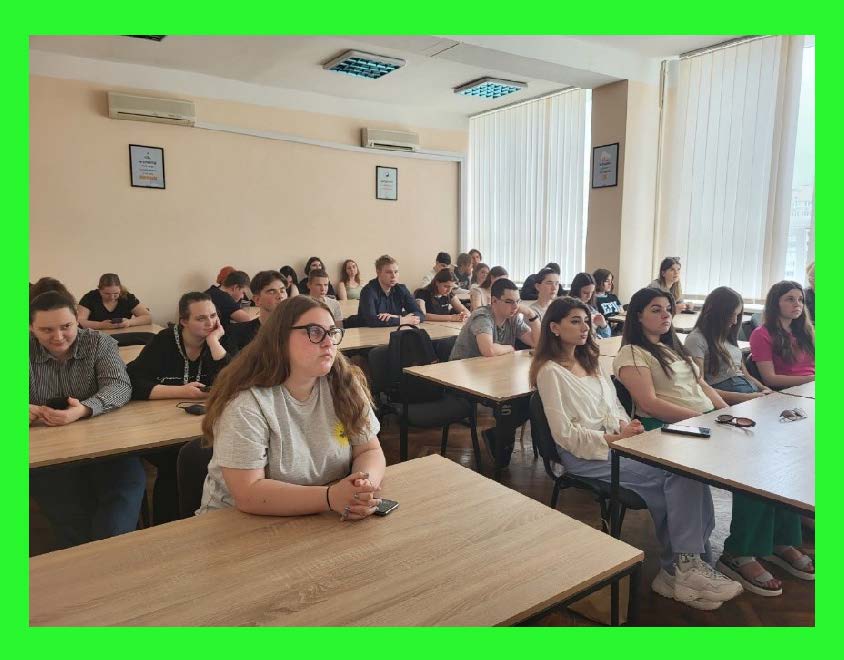
The history of the Department of Enterprise Economics dates to 1930 when the University was founded. During that period, at the Department of Engineering and Economics, the following departments were established: the Department of General Economics and Accounting (headed by Prof. B.O. Chorny), the Department of Planning (headed by Prof. M. Schelonin), and the Department of Labor Economics (headed by Prof. A.M. Gornostay-Podolsky). Based on those departments, the Department of Applied Economics and Planning was organized later (headed by – Prof. M. Schelonin and Prof. S.I. Podgaits at different times). Throughout the entire history of the University existence, the Department’s work was carried out in accordance with the need of the country’s economy in highly qualified specialists-economists with deep knowledge of the specifics of production and it was accompanied by the introduction of new specialties.
In 1940, the Department was reorganized and the Department of Economics and Industrial Planning (headed by Prof. Y.L Slavsky, later – by Prof. S.I. Podgaits) and the Department of Organizations and Planning of Production (headed by Prof. L.Ye. Gorelik) were established.
In 1945, after the return of the Institute from evacuation, the Departments were again united into the Department of Economics, Planning and Organization (headed by Prof. L.Ye. Gorelik). From 1947 to 1953, the Department was headed by G.S. Messiezhnikov, and from 1953 to 1987 – by N.A. Adamov.
In 1965, taking into account the needs of the industry in training graduates with more in-depth knowledge of the specifics of production, the Department was divided into two: the Department of Economics, Organization and Planning of Leather, Footwear and Chemical Fibers (headed by Prof. G.P Ispirian) and the Department of Economics, Organization and Planning of garment and knitwear production (headed by Prof. N. A. Adamov). From 1987 to 2002, the Department was headed by M.V. Svischov.
In 2002, in connection with the opening of the specialty “Audit and Accounting”, the Department was renamed the Department of Economics, Audit and Accounting (headed by Prof. A.P. Grechan).
In 2014, the Department of Enterprise Economics (headed by Prof. V.V. Loiko) was formed because of the structure optimization of the Faculty of Economics and Business.
In 2016, considering the world trends and directions in the training of highly qualified personnel in the field of economy and business, expanding the range of specialties and specializations in the bachelor and master training, the Department was renamed the Department of Business Economics. It was headed by Doctor of Economics, Professor A.O. Melnyk. The Department teaches the following courses for all the specialties of the University: “Fundamentals of economic theory”, “International economics”, “International economic relations”, “Foreign economic activities”, “Business planning”, and others.
In 2018, in connection with the specialization extension, the Department was renamed the Department of Business Economics and Tourism.
In 2020, in connection with the reorganization of the University and expansion of the number of educational programs, the Department was renamed the Department of Economics and Services, and in 2021.
In 2021, taking into account the new trends of economic development, the department expanded the areas of scientific and educational activity and received the name "SMART ECONOMICS", the department was headed by Doctor of Economic Sciences, Professor A. A. Oleshko.
In 2025, Doctor of Economics, Professor P. V. Puzyrova became the head of the department.
Today, the professors of the Department of Smart Economics teach all the economic specialties of the University and the following courses: “Economic theory”, “Macro- and microeconomics”, “Business economics”, “Labor economics and social and labor relations”, “International economics”, “International economic relations”, “Foreign economic activities”, “Business planning”, and others.
The Department has: 4 Doctors of Economics; 7 Candidates of Economics and 1 Senior Lecturer.
The scientific and pedagogical workers of the Department of Smart Economics are:
 |
Polina PUZYROVA, |
|
In 2003, she graduated from Taras Shevchenko National University of Kyiv with a degree in Business Economics and obtained a master's degree in Economics. In 2009, she defended her thesis on “Management of Financial Potential of Enterprises” and received a PhD in Economics, specializing in 08.00.04 “Economics and Enterprise Management” (by type of economic activity). 2011 – awarded the academic title of Associate Professor of the Department of Economics. 2023 – defended her doctoral dissertation on “Formation and Development of the Innovative Potential of Integrated Business Structures” and received a Doctor of Economics degree in the specialty 08.00.04 “Economics and Enterprise Management” (by type of economic activity). 2024 – awarded the academic title of Doctor of Economics of the Department of Smart Economics. 2022 – certificate of advanced training at Poltava State Agrarian University, webinar on the topic: “Communications during the war.” 2022 – Certificate of advanced training at Poltava State Agrarian University, Webinar on the topic: “Communications during war.” 2023 – international internship at the International Academy of Information Sciences from May 1, 2023, to June 20, 2023 (180 hours (6 ECTS)). 2024 - Professional Qualification Enhancement Program “Use of Information and Communication Technologies in the Educational Process” Implemented within the framework of the Erasmus+ Project ERASMUS EDU-2021-VIRT EXCH NDICI VIRTUAL YOUTH BUSINESS HUBS INTERNATIONAL NETWORK (VEHUB4YOU) (6 ECTS credits). 2024 - Certificate of professional development under the program “Improving the effectiveness of communications in higher education institutions” (6 ECTS). Member of the editorial board of the collection of scientific works “Ways to improve the efficiency of construction in the context of market relations” of the Kyiv National University of Construction and Architecture. Teaches courses: “Foreign Economic Activity,” “Economics and Organization of Innovative Activity,” “International Economic Activity,” “Economics and Corporate Management,” “Methodology of Modern Scientific Research with the Basics of Intellectual Property.” Field of scientific activity: international economic activity; financial and innovative potential of enterprises; foreign economic activity; innovative activity; risk management; corporate governance. Author of over 300 scientific works, including 6 monographs and 14 works indexed in the Scopus and Web of Science scientometric databases. |
|
 |
Oleksandra OLSHANSKA, Doctor of Science in Economics, Professor |
|
In 1987, she graduated from Taras Shevchenko National University of Kyiv. She completed her postgraduate studies at the Council for the Study of Productive Forces of Ukraine of the National Academy of Sciences of Ukraine and in 2002 defended her thesis for the degree of Candidate of Economic Sciences. In 2014, she defended her thesis for the degree of Doctor of Economic Sciences. In 2015, she received the academic title of professor. She was awarded a Letter of Thanks from the Mayor of Kyiv, No. 50265 dated October 30, 2005; a badge of honorary employee of KNUTD, order No. 209 o.s. dated October 1, 2010. Certificate of Honor from the Ministry of Education and Science of Ukraine, order No. 588-k, No. 15720 dated November 25, 2011; Certificate of the Verkhovna Rada of Ukraine “For Merit to the Ukrainian People,” No. 707-k dated November 22, 2016; Honorary Diploma of KNUTD, order No. 293 dated August 27, 2019; Badge of the Ministry of Education and Science of Ukraine “Excellence in Education”, 2019. Professor O. V. Olshanska is a scientific supervisor and consultant on the preparation of candidate and doctoral dissertations for applicants, graduate students, and doctoral students of the department. Field of scientific activity: conceptual approaches to the formation and functioning of national and regional socio-economic systems, sustainable economic development; problems of modernization of higher education and implementation of educational innovations. Author of over 200 scientific and educational publications reflecting her research interests, which creatively combine scientific achievements with higher education teaching practice. |
|
 |
Yevheniia KHAUSTOVA, |
|
In 1995, Ye. Haustova graduated from the State Academy of Light Industry with a degree in Enterprise Economics, qualified as an engineer-economist. In 2003, she defended her thesis in the speciality 08.00.04 “Economics and Enterprise Management (by type of economic activity)” at the Institute of Industrial Economics of the National Academy of Sciences of Ukraine and received a degree of PhD in Economics. In 2006, she received the academic title of Associate Professor of Economics, Audit and Accounting. In 2006-2008, she was a scholarship holder of the Cabinet of Ministers of Ukraine. In 2019, she defended her doctoral thesis in the specialty 08.00.04 “Economics and Business Administration (by type of economic activity)” at KNUTD and received a doctorate in Economics. In 2021, she received the academic title of professor of the Department of Entrepreneurship and Business. She is a contractor for state budget projects at the Kyiv National University of Technologies and Design of the Ministry of Education and Science of Ukraine: “Development of an information and analytical support system for the process of managing expenses and income in the context of implementing accounting standards” (No. DR 0115U002486, 2015-2017), “Economic security of higher education institutions: development of measures to minimize socio-economic losses in conditions of external aggression” (No. DR 0117U000603, 2016-2018), “Formation of an integration concept for state management of intellectual capital of higher education institutions in the context of military migration processes in Ukraine” (No. DR 0125U001432, 2025-2027). Courses taught: «Economic theory», «Economics», «Intellectual Economy» «Blockchain Economics», «Global Economy», «Artificial Intelligence in Economics» Research interests: knowledge of economy, intellectual business, industrial eco-parks. The author of more than 150 scientific papers and methodological publications, including 10 monographs, including one individual monograph, and 2 co-authored textbooks. |
|
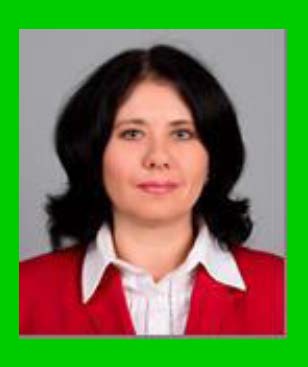 |
Zoryna SHATSKA, |
|
In 1995, Z. Shatska graduated from Ukraine Transport University, Specialty “Construction of Highways and Airfields”. In 2010, she defended her PhD thesis on the topic “Adaptive mechanism of enterprise strategy implementation”. 2024 – defended her doctoral dissertation on the topic "Integrative development of entrepreneurship in the agro-industrial sector of the national economy" and received a diploma of Doctor of Economic Sciences with the specialty 08.00.03 "Economics and Management of the National Economy". Courses taught: “Economy for business”, “Economic security and enterprise risks’, ”Project analysis”, ”Regulation and promotion of enterprise activities”. Research interests: enterprise economics, strategic and innovative management. The author and co-author of over 200 scientific publications, 10 articles in Scopus and Web of Science. |
|
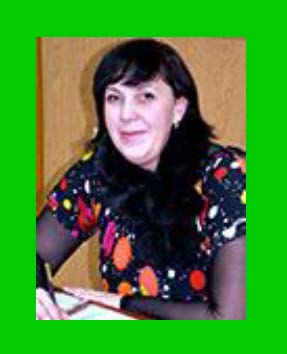 |
Tetiana VLASIUK, |
|
In 1999, she graduated from the State Academy of Light Industry of Ukraine with a degree in Business Economics. In 2006, she defended her thesis on “Assessment of the Investment Attractiveness of Light Industry Enterprises (Territorial and Sectoral Approach).” In 2011, she was awarded a distinction by the Pechersk District Administration in Kyiv for her significant contribution to the socio-economic and cultural development of the district. She teaches the following subjects: “Economic Analysis” and “Economic Efficiency of Enterprise Activities.” Her research interests include the methodology of analyzing the economic activities of higher education institutions. Author of over 150 scientific and methodological works, co-author of 7 monographs, 3 textbooks approved by the Ministry of Education and Science of Ukraine (“Theory of Economic Analysis,” “Bank Treasury”), 1 patent, and 1 author's certificate. |
|
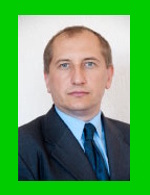 |
Mykola MATIUKHA, |
|
In 1993, he graduated from the Zhytomyr Agricultural Institute with a degree in Economics and Management in the Agricultural Sector. In 1999, he defended his thesis on the topic of Employment of the Rural Population. In 2003, he was awarded the title of Associate Professor of the Department of Accounting and Auditing. He is the author of over 120 scientific and methodological works, co-author of 5 monographs, and 2 textbooks approved by the Ministry of Education and Science of Ukraine (“Accounting in the Sectors of the Economy” and “Accounting in Foreign Countries”). His area of scientific activity is the concept of smart economy management in the context of information technology application. Teaches the following subjects: “International Settlements and Operations,” “Economics for Business,” “Foreign Economic Activity,” “Smart Economy,” “Economics and Organization of Innovative Activity.” Author of over 140 scientific works. |
|
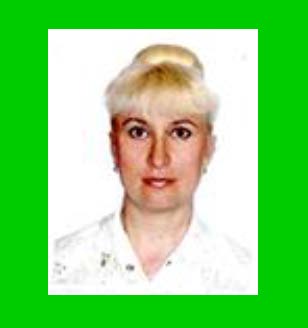 |
Olena BUDIAKOVA, |
|
In 2006, she graduated from Donetsk State Academy of Management, Specialty - “Management of Organizations”, and received a qualification of Economist. In 2011, she defended her PhD thesis at the Institute of Economic and Legal Studies of the National Academy of Sciences of Ukraine on the topic “Ensuring professional qualification balance of the regional labor market”, the specialty 08.00.07 – “Demography, Labor Economics, Social Economy, and Politics”. Courses taught: “Economics of labor and social-labor relations”, “Economics for business”, “Business planning and business consulting”, “International economics”, “Management of bioeconomics”., “Economics and management of corporations”. Research interests: labor economics, labor market, enterprise economy, bioeconomics, sustainable development. Author of over 50 scientific works. |
|
 |
Olga BUNDA, |
|
In 2001, she graduated from the Lviv Commercial Academy with a degree in Accounting, Analysis, and Auditing (08.06.04). In 2007, she defended her thesis on “Analytical Procedures, Modeling, and Decision Making in Auditing (based on the example of brewing companies in Ukraine).” From 2001 to 2007, she worked in the financial departments of industrial companies in Ukraine. At the same time, she combined her scientific activities with business consulting. In 2013, she received the academic title of Associate Professor of the Department of Economics, Accounting, and Auditing. In 2025, she received advanced training at the EstoniaScientific Center of Innovative Research, Pussi, Estonia. She teaches the following disciplines: “Economics for Business” and “Smart Economy Management.” Areas of scientific activity: business economics, smart economy, development of analytical tools for the formation of business models for enterprises. Author of over 120 scientific works and methodological developments, 8 monographs, and 1 co-authored manual. |
|
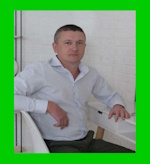 |
Vasyl BUHAS, |
|
In 2007, he graduated from the Kyiv National University of Technology and Design with a master's degree with honors in the specialty “Management of organizations”. n 2014, he defended his candidate's thesis at the specialized academic council of the Kyiv National University of Technology and Design on the topic of “Management of intellectual capital in the national economy of Ukraine”, candidate of economic sciences, 08.00.03 Economy and management of the national economy. In 2015, he received the academic title of associate professor. Courses taught: : “Enterprise economics”, “International economics”. Research interests: management of intellectual capital in the national economy, state regulation of the economy, international economy. The author of more than 55 scientific publications, 37 of them in specialized scientific publications, 3 articles in journals indexed in Scopus scientometric databases, 4 monographs. |
|
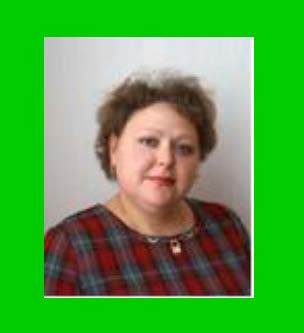 |
Nadiya ZARITSKA |
|
In 2006, N. Zaritska graduated from Kyiv National University of Technologies and Design, with a degree in Footwear, Leather and Haberdashery Products. In 2008, she received her second higher education in “Enterprise Economics”. In 2010, for significant personal achievements in the field of education, for many years of conscientious work, personal contribution to the training of highly qualified personnel and scientific and pedagogical activities she was awarded KNUTD Diploma, in 2011 for significant personal achievements in education, conscientious work and on the occasion of the International Women’s Day, on March 8, she was awarded KNUTD Diploma. In 2020, she defended her PhD thesis on the topic “Strategic management of the light industry of Ukraine” in the specialty 08.00.03 “Economics and Management of the National Economy”. Courses taught: «Economic efficiency of enterprise activities», «Economic analysis». Research interests: strategic development, strategic management, market volatility, emergent approach. The author of more than 35 scientific and scientific-methodical works, co-author of 3 monographs. |
|
 |
Liudmyla MELNYK |
|
In 2006, she graduated from the Ukrainian State University of Economics and Finance with a degree in Accounting and Audit and obtained a Master’s degree in Accounting and Audit. In 2023, at the Kyiv National University of Technologies and Design, she defended her PhD. thesis on the topic: “Economic stimulation of personnel of enterprises of Ukraine in the context of the destructive influence of external factors” and received a PhD. in Economics. Courses taught: “Economics for Business”, “International Economics”, “Behavioral Economics”. Research interests: Labor economics, labor market, enterprise economics, bioeconomy. The author of more than 20 scientific works. |
|
 |
Marko LEBEDIEV, |
|
In 2020, he graduated with honors from the Kyiv National University of Technology and Design with a degree in International Accounting and Business Consulting and received a Master's degree. In 2025, he defended his doctoral dissertation on “Organizational and economic mechanisms for managing higher education institutions in the context of digitalization” in the field of 051 Economics and received a PhD in Economics. Courses taught «Economic Theory», «Economics», Macroeconomics, Microeconomics. Research interests: industry 4.0, management systems digital transformation. |
|
There are 4 lecture halls, 2 classrooms for practical classes and consultations on term papers and theses, equipped with modern multimedia equipment, 1 office, and 1 staff room. The Department is provided with enough pieces of computer and copying equipment.
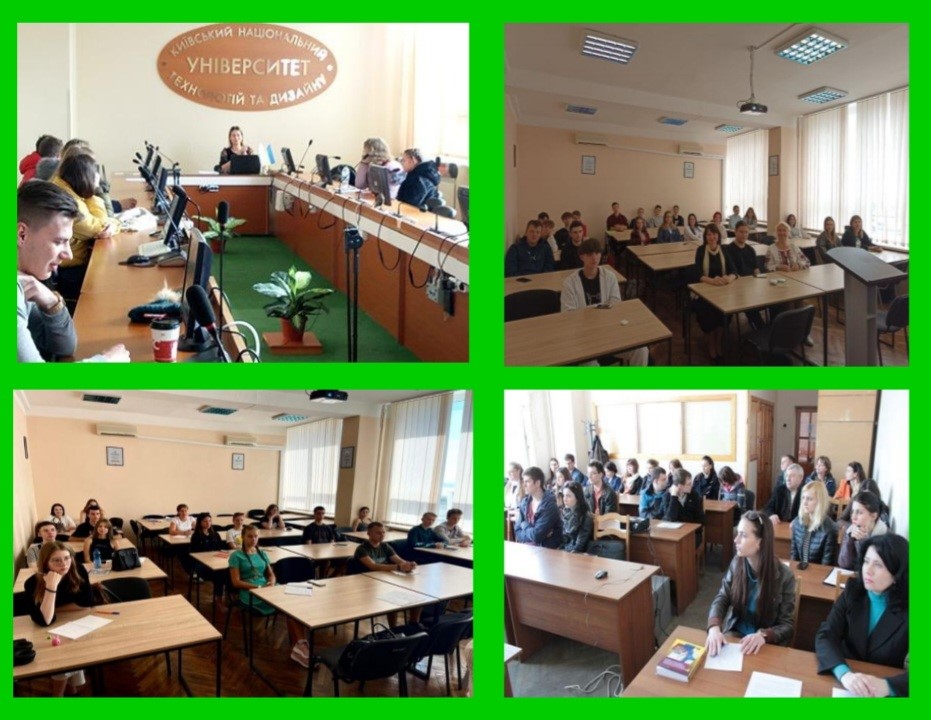
Digital economy as a prerequisite for structural, integration transformations of domestic business processes in the context of globalization (registration number 0119U103116)
Supervisor: Doctor of Economics, Prof. Puzyrova P.V.
Executant: prof. Puzyrova P.V., prof. Haustova E.B., graduate student Gavrilenko N.G.; graduate student Irnazarov D.T., graduate student Sadovsky E.P.
Intellectualization of socio-economic development in a post-pandemic society (registration number 0121U114581)
Supervisor: Doctor of Economics, Prof. Puzyrova P.V.
Executant: prof. Puzyrova P.V., docent Vlasyuk T.M., docent Shatska Z.Ya.; graduate student Petrovsky O.O.; graduate student Lebedev M.K., graduate student Sinatsa S.V., graduate student Pokalchuk O.K.
The results of scientific research are represented in monographs, teaching materials, which are actively used by students.
The publication activity of the teachers of the Smart Economics Department (the number of publications per NPP) in recent years is shown below.
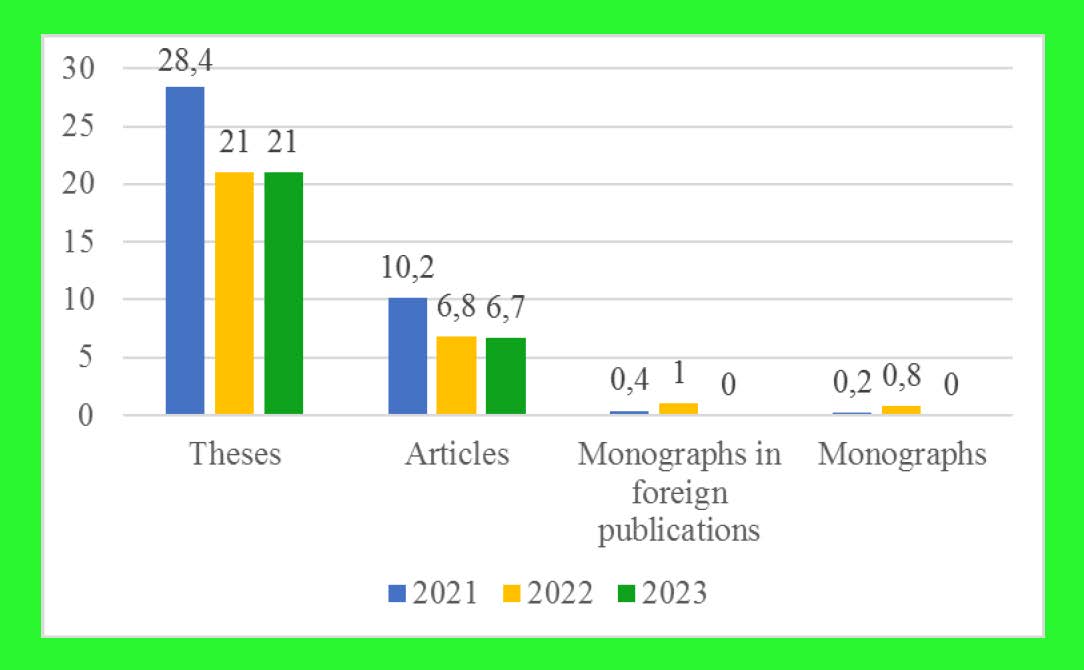
The department of SMART ECONOMICS cooperates with foreign partners of KNUTD:
